While campus education has only recently been suspended in many parts of the world, universities in China have been online since the current health emergency arose in January. Instead of coming back to Peking University after the Chinese New Year, Yenching Scholars continue their academic adventure at home and in new settings, all the while finding new ways to keep themselves creative and occupied.
Many scholars experienced some initial feelings of displacement and concern after leaving Beijing with no knowledge of when they might be able to return. On her decision to leave China, Deya Demerdzhieva from Bulgaria said, “Right after celebrating the Chinese New Year with my friend’s family in Beijing, I had to make the hard, last-minute decision to leave China and go back to Bulgaria. It took some time for me to adapt to a new life at my old home. For a while, I felt as if I had lost my friends, my university, and my life in China, to which I had just become accustomed.”
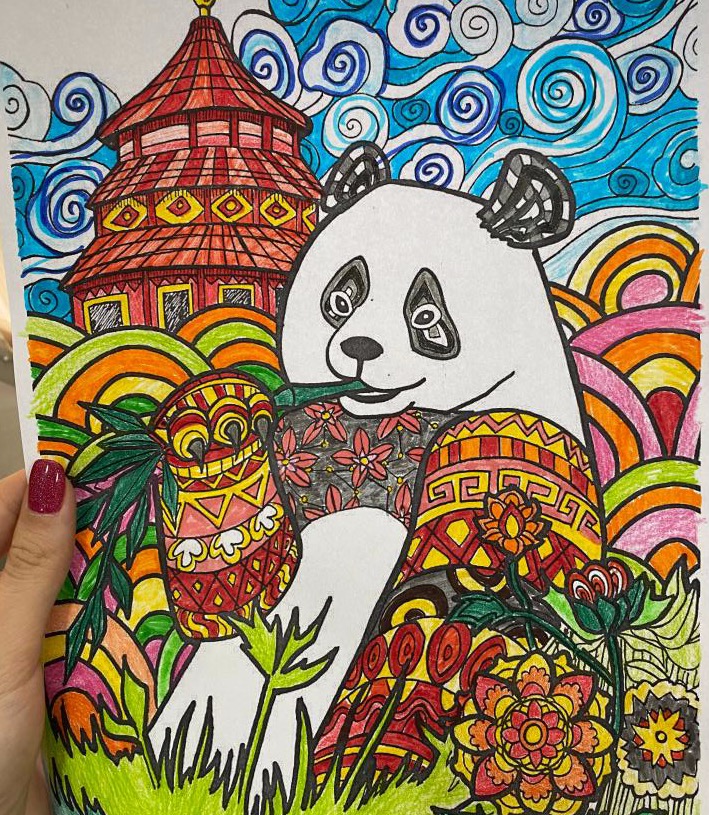
picture by Deya Demerdzhieva
Heath Sloane from Australia remarked, “COVID-19 disrupted my life in early January, and so I’ve had more time to adjust than my friends and family. I try to remember that my frustrations pale in comparison to the dire situation facing victims of COVID-19 and their loved ones.”
After beginning online classes, 5th cohort scholars regained solidarity in the place of the physical community which has now been interrupted. Regarding remote learning, Deya said, “Online classes have helped me a lot. The fact that YCA life goes on despite the current situation demonstrates our community spirit.” Ekaterina Kologrivaya from Russia has taken online classes in stride with a regular routine, saying, “In the morning, I go swim or do yoga, after which I go back to the sofa to do homework. Once or twice a day, I join online classes and cook while listening to professors. In the evening, I do additional work, either for research, the YCA Writers’ group, or the organisation I currently work with. I think there’s no other way of being productive but to be flexible.”
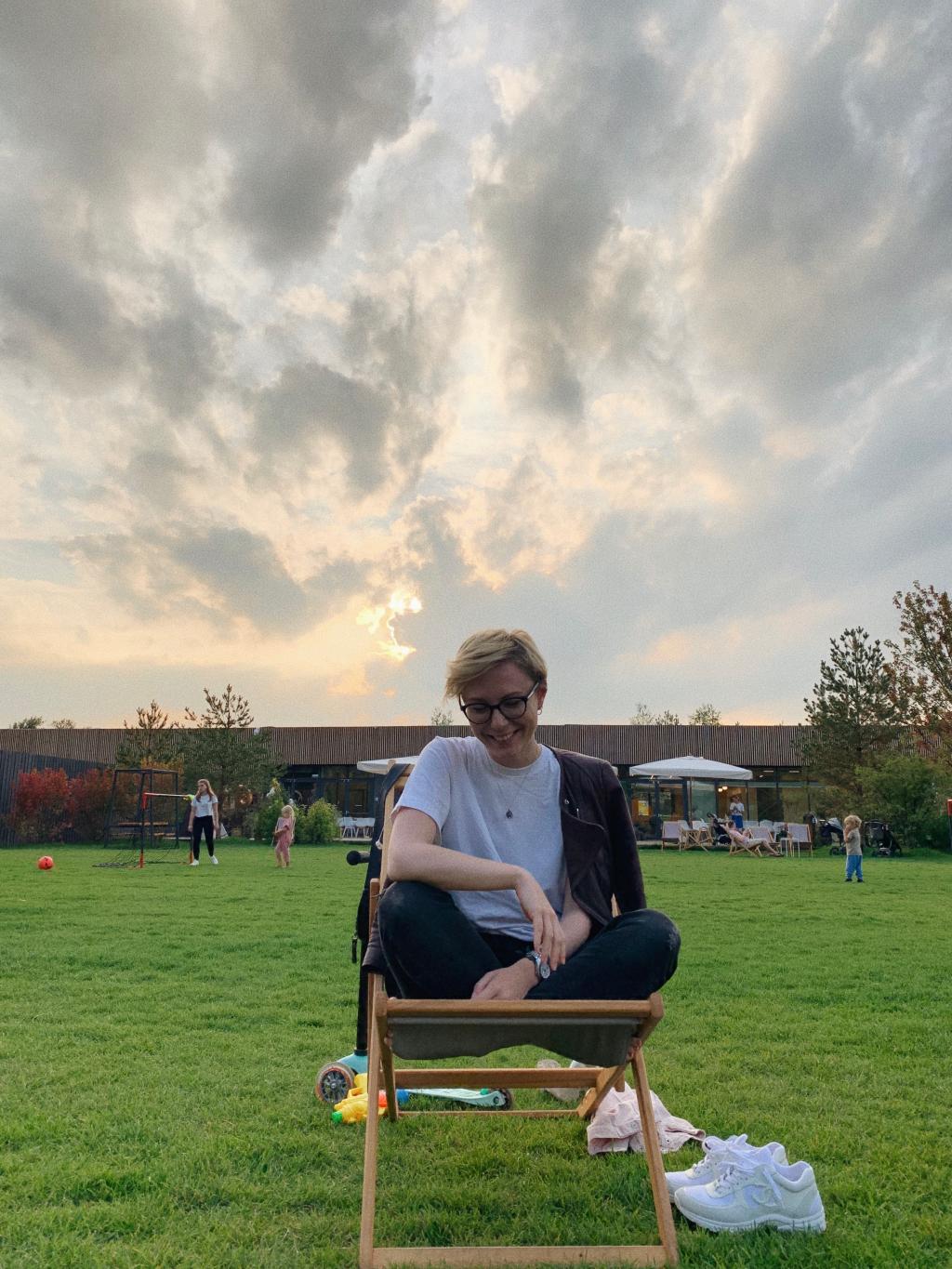
Similarly, Heath tries to remain disciplined. “Online learning gives me immense flexibility, but it’s also easy to relax and procrastinate. I do miss the lively discussions that can only happen in person.”
Michael Gritzbach from Germany said, “My routine here is pretty much the same, with the exception that classes are online. I still do my readings and presentations. The only difference is that classes are at odd hours due to the time difference.”
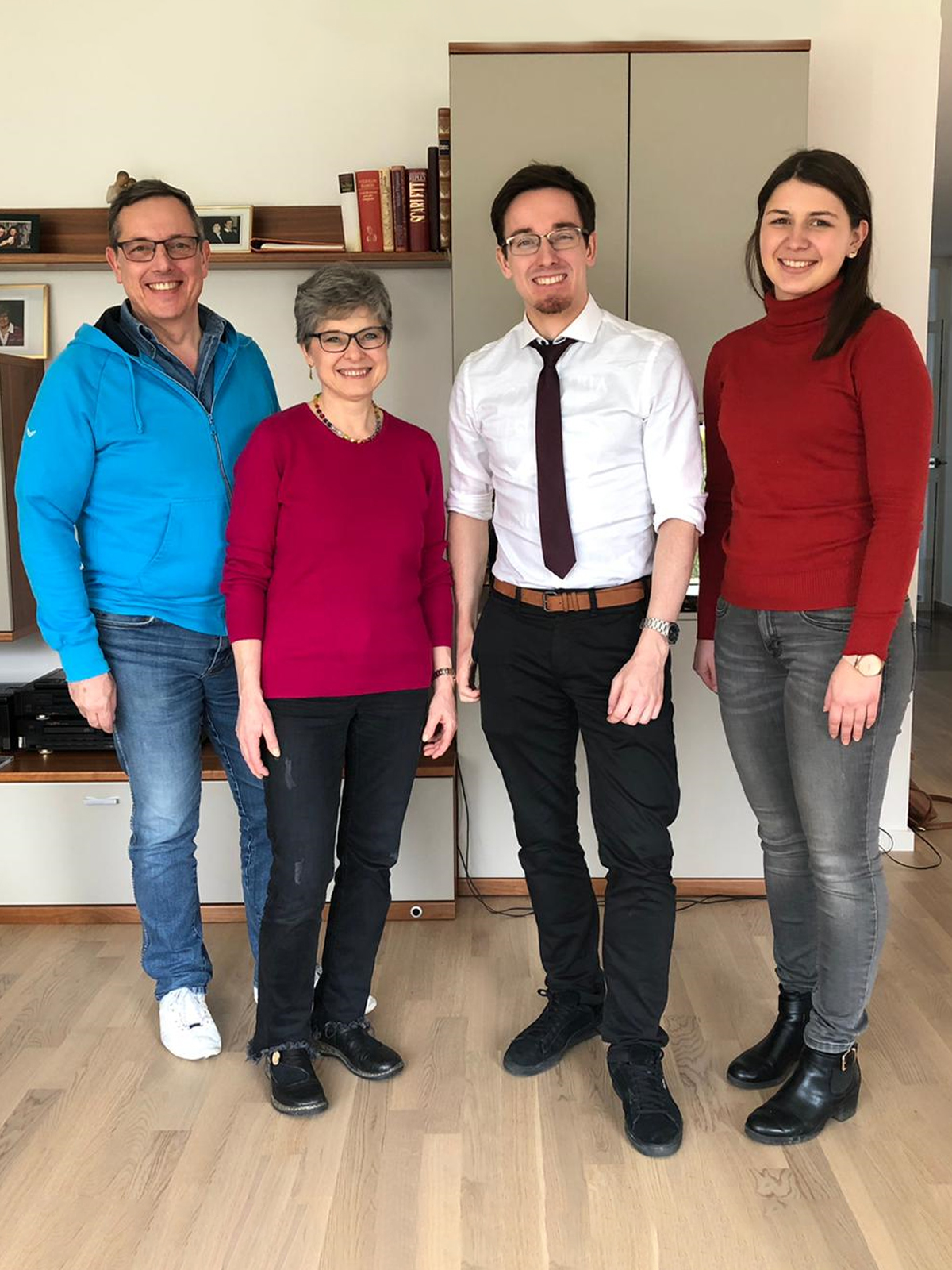
Michael Gritzbach with his families
4th cohort scholars, who are now in their second year and working towards the completion of their thesis, have taken the slowing pace of life as a window to focus on their research. Nina Zholudeva from Russia, who remained in Beijing, commented, “Despite the gloomy pictures that foreign media portrayed of the situation in China at the start of the outbreak, we have always felt safe here. It might sound surprising, but I was happy I had to write my thesis. It has kept me occupied most of the day these last two months and taken my mind off the outbreak. In a strange way, I am grateful that this outbreak has given me time to pause and spend time painting, learning how to cook and eat healthy, watching documentaries I’ve missed, and of course, writing a good thesis.”

soup cooked by Nina Zholudeva
Chloe Dempsey from Australia has been living on a farm in rural Portugal since the middle of February. She said, “I used to live in Brazil so this gave me an opportunity to practise my Portuguese and also get exposure to traditional agriculture. This is perfect because my thesis focuses on industrial agriculture and the future of meat consumption in China. There is no hot water or internet on the farm and it’s a four-hour walk to get signal, which makes me reminisce about the comfort of my tiny hutong room in Beijing with a public bathroom and no heating!”
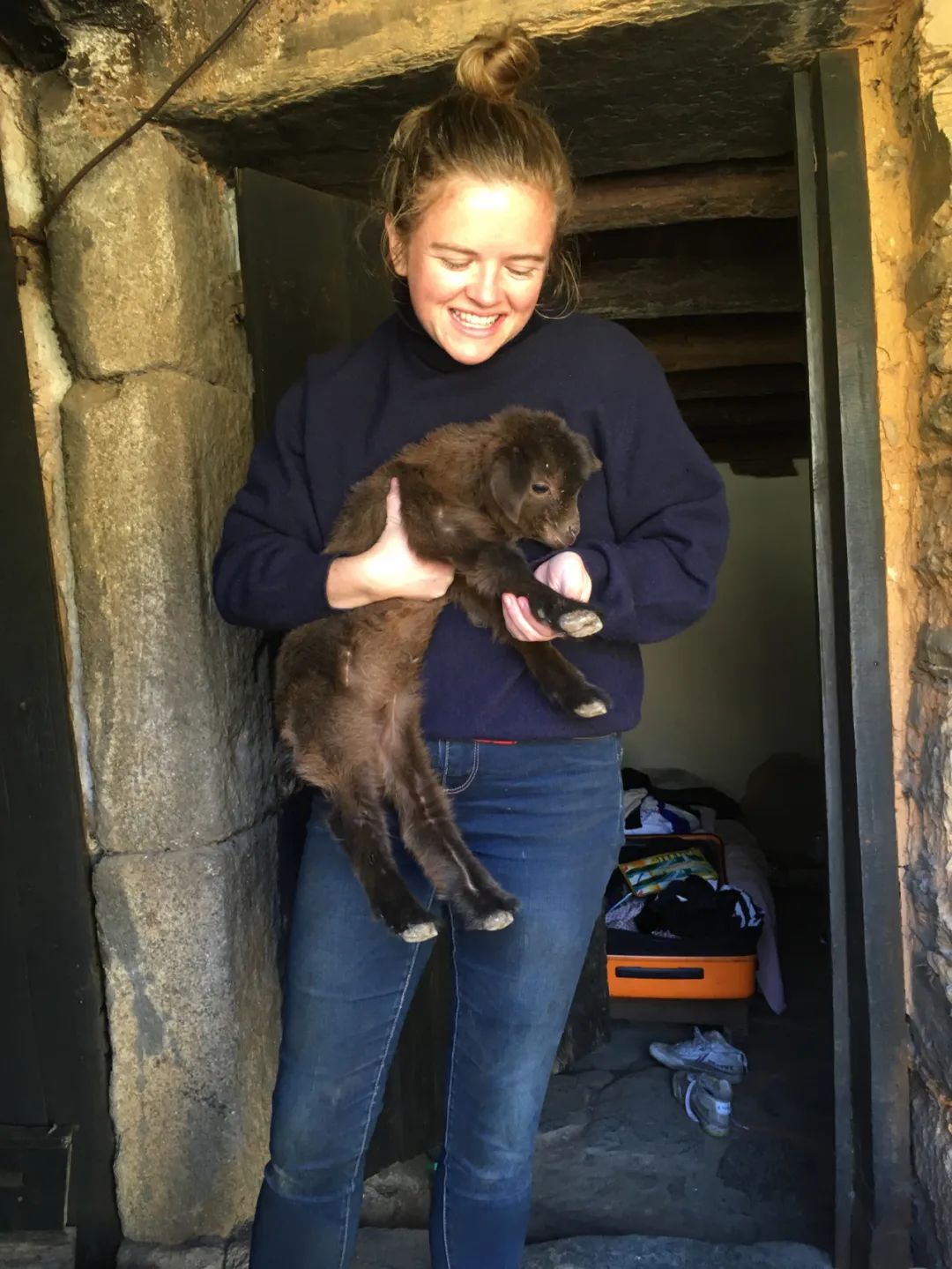
Many Yenching Scholars have taken the hiatus from campus life as an opportunity to lay temporary roots again at home and take solace in time with family members, especially as restrictions on movement have been implemented in their locales. Natasha Lock from the United Kingdom, said, “The British government has put the country on lockdown, with all cafes, bars, and pubs closed while social distancing is strongly advised. I am currently staying in the British countryside where I spend my days reading books, going on long walks, and nurturing old hobbies, like playing chess with my dad, sketching, and listening to podcasts.”
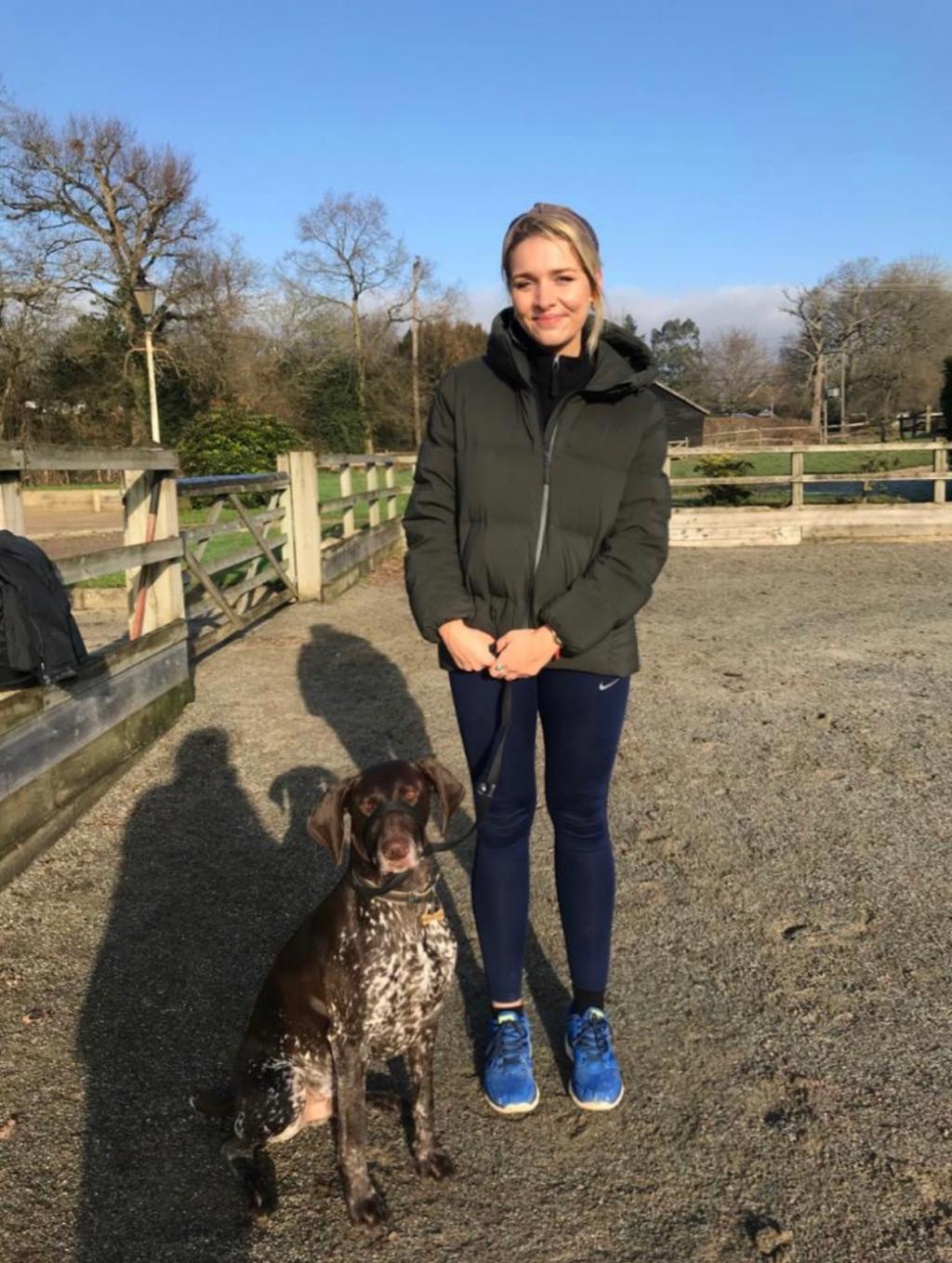
Sophie Grant, also from the United Kingdom, said, “I’ve been isolating with my family and taking some walks outside with my dog, along with making a video with 1-second footage from every day that I’m in quarantine.”
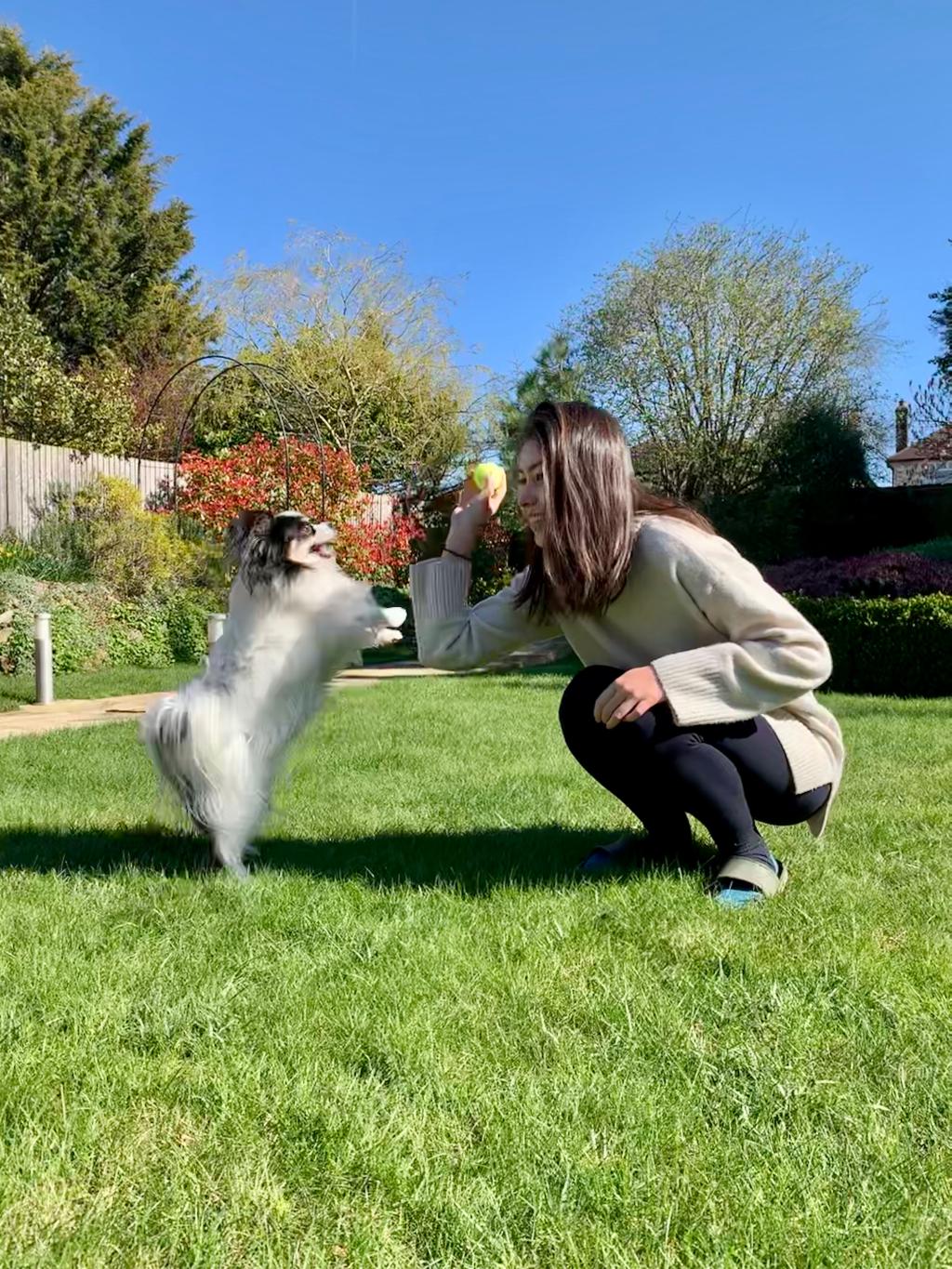
Scholars have also experienced challenges associated with studying away from Peking University. Michael said, “Things have gotten more serious here. Now we have emergency laws in my state, and they’ve announced a total curfew.”
Heath said, “I live on a farm in semi-rural Sydney. Due to storms or bushfires, we haven’t had Internet service since January and our power often goes out. Sometimes I have to drive to the next cafe or restaurant with electricity so that I can charge my devices, download lectures and submit assignments.”
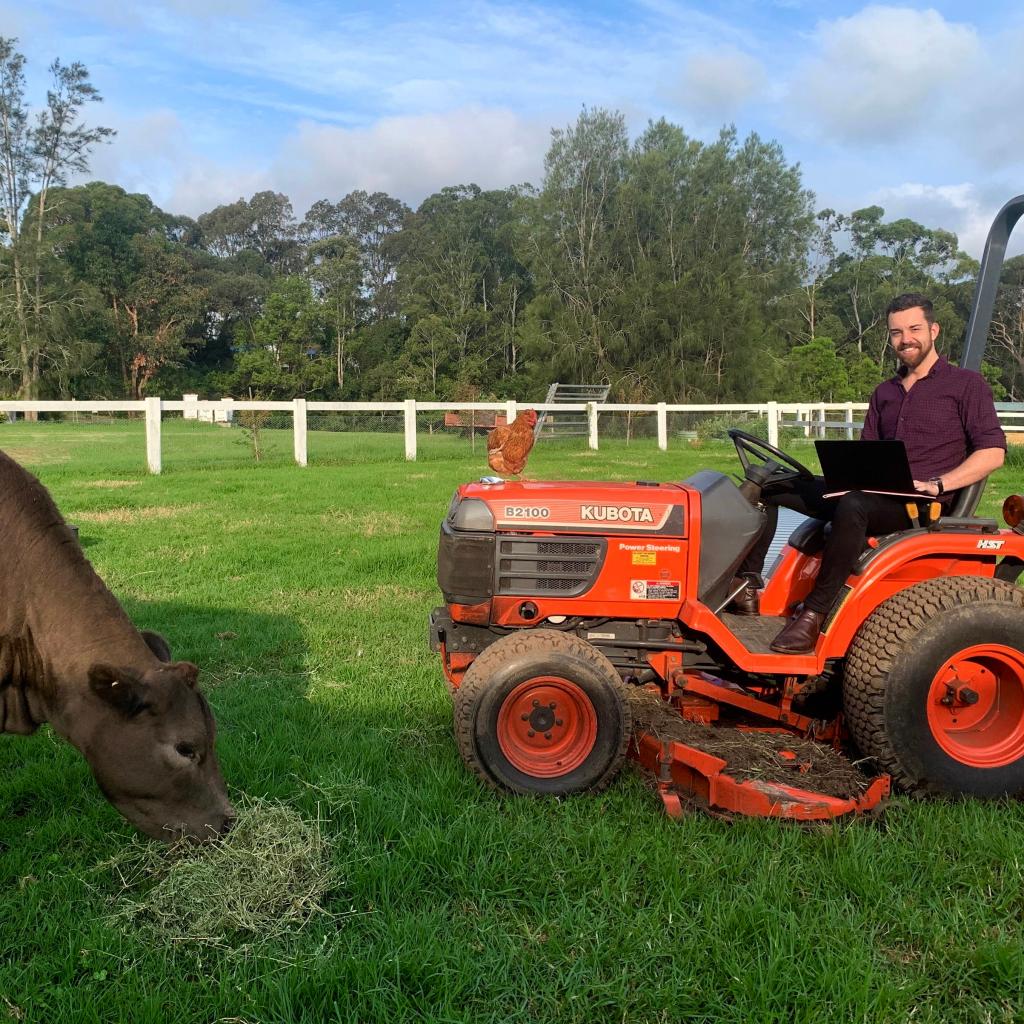
Nevertheless, Yenching Scholars expressed optimism about future developments. Natasha said, “I remain extremely hopeful that one day in the foreseeable future, this will be another story to add to my wonderful China adventure.” Observing that Beijing is slowly returning to normal life, Nina said, “Many shops and restaurants are open again, and this gives me hope that the rest of the world will start to recover soon, too.” Deya said, “I am very thankful that our government is taking the risks seriously and adopting all the necessary measures to contain the spread of the virus. No matter what happens, I am certain that better days are coming. My thoughts go out to my peers and professors - those around the world and on campus. May we all be safe, sane, and productive!”
by Michael Jun Lee